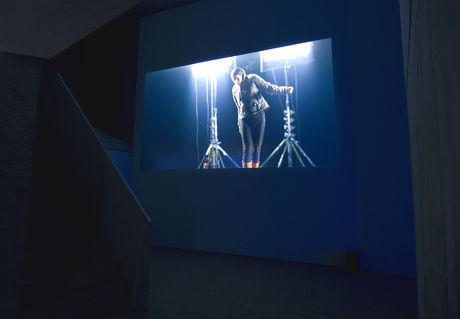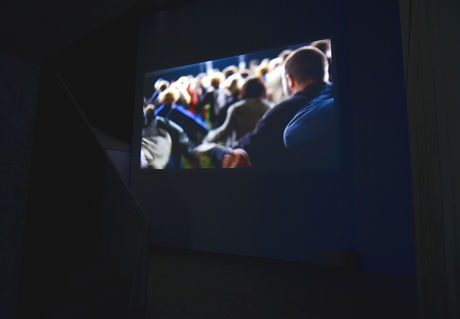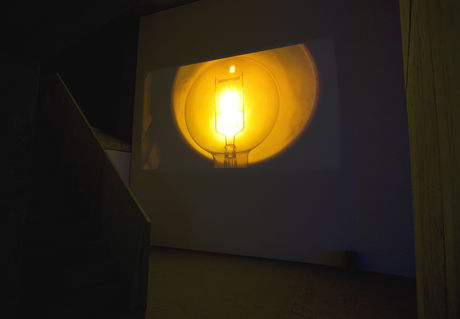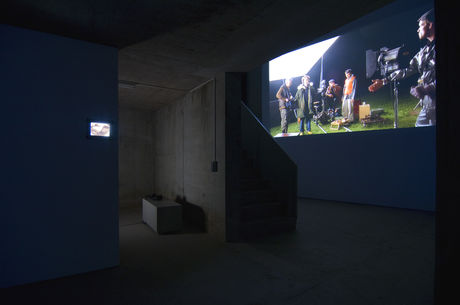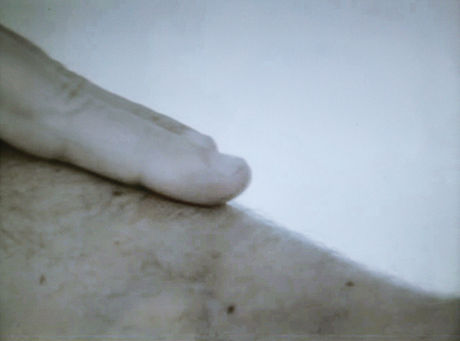Antirepresentationalism 3: Issues of Empathy
Conceptual and Socially oriented Art in Leipzig 1997–2009
Nov 28, 2009–Jan15, 2010
Nov 28, 2009–Jan15, 2010
An exhibition by Alexander Koch and Nikolaus Oberhuber
With Peggy Buth, Jan Caspers/ Anne König/ Jan Wenzel, Chat, Ramon Haze (holmer Feldmann, Andreas Grahl), Oliver Kossack, Andrea Legiehn, Claudia Annette Maier, Mario Pfeifer, Ulrich Polster, Tilo Schulz, Tina Schulz, spector cut+paste, Christoph Weber, Clemens von Wedemeyer, Tobias Zielony
ANTIREPRESENTATIONALISM takes up the proposal of the American philosopher Richard Rorty, which states that we should exchange our pursuit of truth and objectivity for an ability to empathise and devote ourselves to social advancement. The first two chapters of our exhibition trilogy stated that neither history nor reality are found „out there“, independent from our search for them. Both are instead a result of our own perspective. And both look different from different angles. ISSUES OF EMPATHY draws the same conclusions from this concept as did Richard Rorty: if any image of the world in which we live is equally true, instead of worrying about which of our representations fit better with reality we should instead worry about how to make reality a more solidaric place.
Empathy is our capacity to see things from another person’s point of view, to share their perspective and feelings. Rorty saw this capacity as a precondition to communal solidarity. According to him, training our sensibility, bringing us up against unfairness and suffering, inspiring social hope is the only valuable project contemporary philosophy could commit to. We might take the same postion regarding contemporary art. ISSUES OF EMPATHY seeks the capacity to empathise in a specific historical situation: Leipzig in the second decade after the peaceful revolution. This is a situation characterised by a decline of social hope during the reunification process and consequent loss of perspective in both public and private life.
The art we show records the increasing desolidarisation in eastern Germany and elsewhere in the country. It rarely addresses the topic directly, its subjects often seem remote. Belgian Congo, urban Athens, the stylised RAF, a Berlin gay cinema, the internet’s production of desire. However, our hypothesis is that this generation of artists is able concisely to document the mental and emotional ruptures experienced by many in the preceding decade. After state socialism had betrayed the solidarity it was borrowed from, and with late capitalism not even recognising how much it had abandoned the space of society (and hence its crisis), it remained uncertain to which perspective socially-oriented art could commit.
Maybe a perspective of proximity without superstructure. A position of shared uncertainty and scepticism as well as shared longing. According to Rorty, no political regime and no philosophical ethics can ever decree solidarity. Feeling close to others, having a sense of community, sharing points of view that are not even one’s own, this is something either you feel or you don’t. Literature, music, art, allow us to develop such feelings under model conditions, under the protection of aesthetic experience. Taking the step from aesthetics to solidarity would mean to politicise such experience, giving one’s own capacity to empathise a societal dimension.
Text and Photos: Alexander Koch
With Peggy Buth, Jan Caspers/ Anne König/ Jan Wenzel, Chat, Ramon Haze (holmer Feldmann, Andreas Grahl), Oliver Kossack, Andrea Legiehn, Claudia Annette Maier, Mario Pfeifer, Ulrich Polster, Tilo Schulz, Tina Schulz, spector cut+paste, Christoph Weber, Clemens von Wedemeyer, Tobias Zielony
ANTIREPRESENTATIONALISM takes up the proposal of the American philosopher Richard Rorty, which states that we should exchange our pursuit of truth and objectivity for an ability to empathise and devote ourselves to social advancement. The first two chapters of our exhibition trilogy stated that neither history nor reality are found „out there“, independent from our search for them. Both are instead a result of our own perspective. And both look different from different angles. ISSUES OF EMPATHY draws the same conclusions from this concept as did Richard Rorty: if any image of the world in which we live is equally true, instead of worrying about which of our representations fit better with reality we should instead worry about how to make reality a more solidaric place.
Empathy is our capacity to see things from another person’s point of view, to share their perspective and feelings. Rorty saw this capacity as a precondition to communal solidarity. According to him, training our sensibility, bringing us up against unfairness and suffering, inspiring social hope is the only valuable project contemporary philosophy could commit to. We might take the same postion regarding contemporary art. ISSUES OF EMPATHY seeks the capacity to empathise in a specific historical situation: Leipzig in the second decade after the peaceful revolution. This is a situation characterised by a decline of social hope during the reunification process and consequent loss of perspective in both public and private life.
The art we show records the increasing desolidarisation in eastern Germany and elsewhere in the country. It rarely addresses the topic directly, its subjects often seem remote. Belgian Congo, urban Athens, the stylised RAF, a Berlin gay cinema, the internet’s production of desire. However, our hypothesis is that this generation of artists is able concisely to document the mental and emotional ruptures experienced by many in the preceding decade. After state socialism had betrayed the solidarity it was borrowed from, and with late capitalism not even recognising how much it had abandoned the space of society (and hence its crisis), it remained uncertain to which perspective socially-oriented art could commit.
Maybe a perspective of proximity without superstructure. A position of shared uncertainty and scepticism as well as shared longing. According to Rorty, no political regime and no philosophical ethics can ever decree solidarity. Feeling close to others, having a sense of community, sharing points of view that are not even one’s own, this is something either you feel or you don’t. Literature, music, art, allow us to develop such feelings under model conditions, under the protection of aesthetic experience. Taking the step from aesthetics to solidarity would mean to politicise such experience, giving one’s own capacity to empathise a societal dimension.
Text and Photos: Alexander Koch
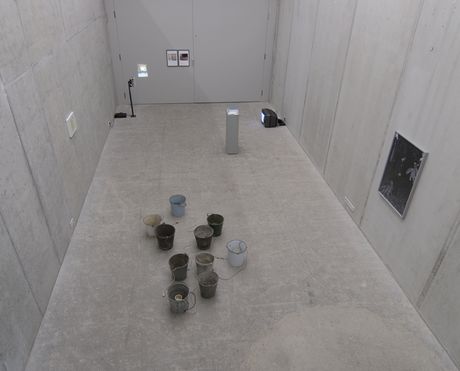
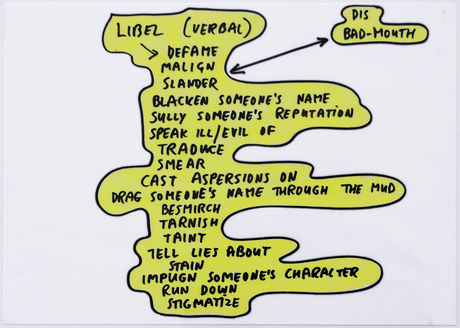
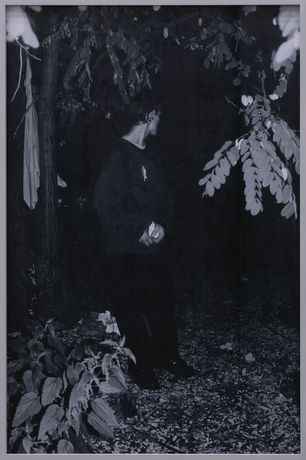
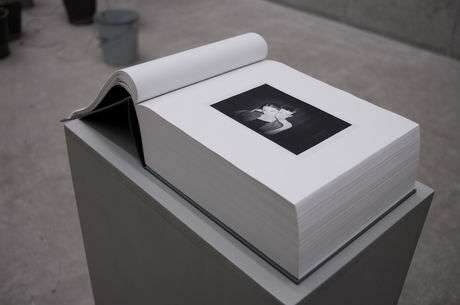
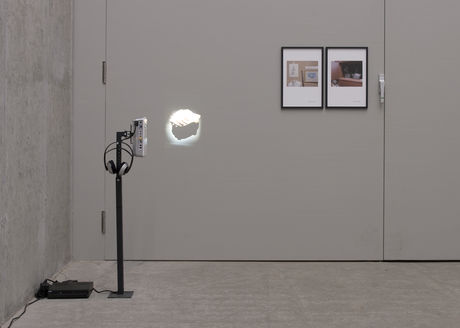
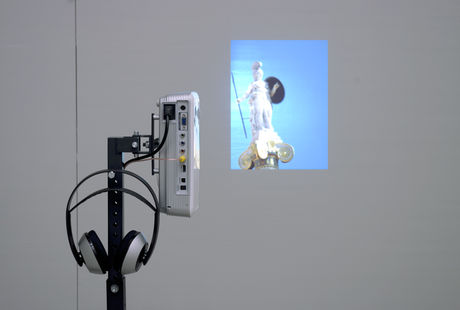
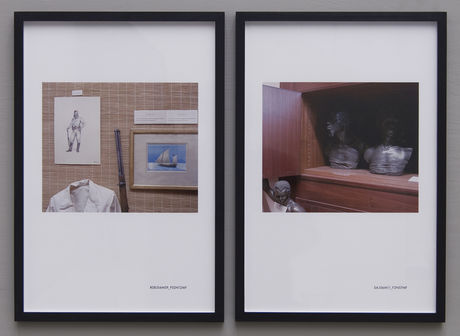

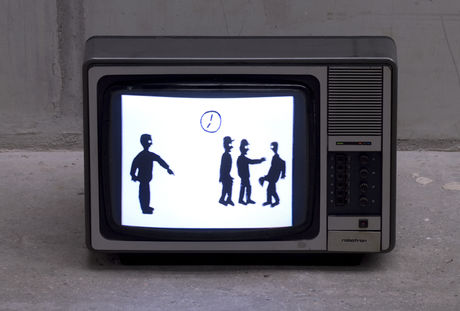
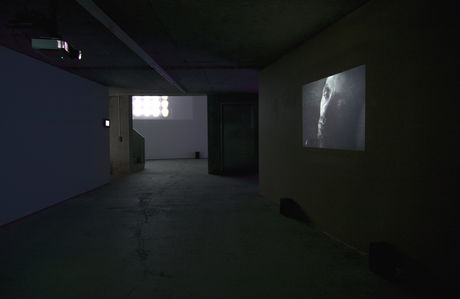
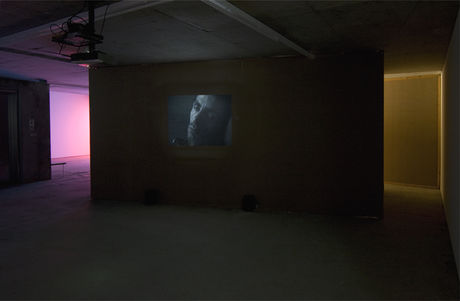
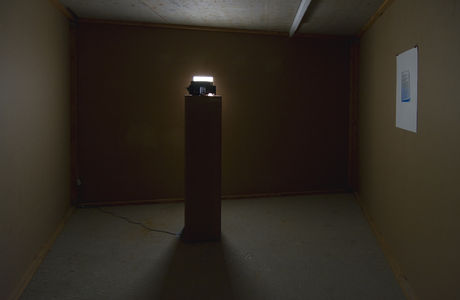
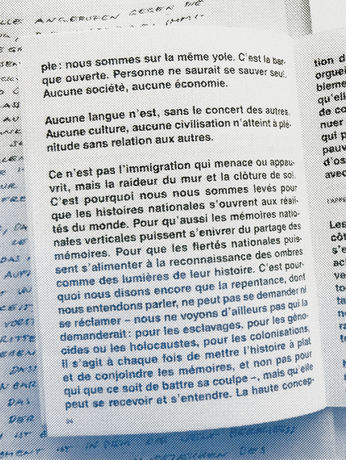
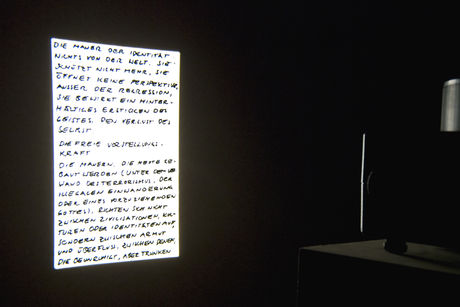
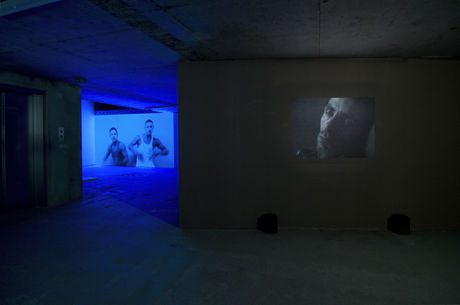
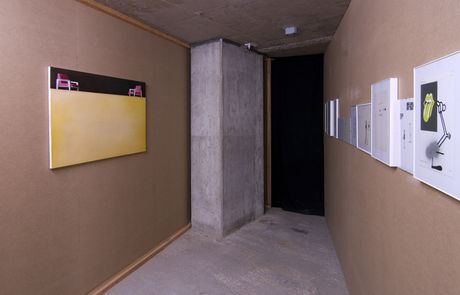
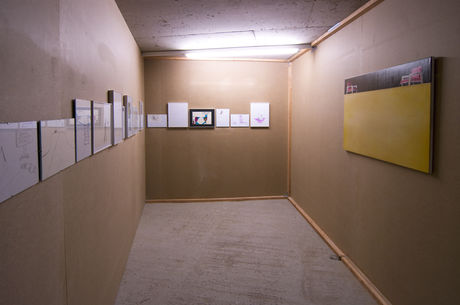
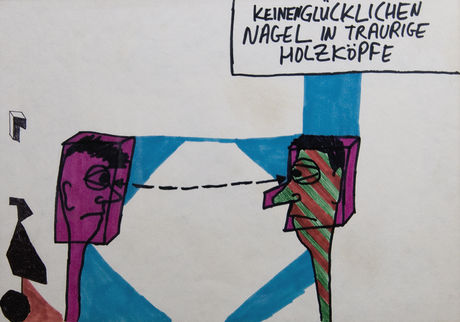
![Mario Pfeifer, Untitled [Two Guys], 2008, Video, 8 Mario Pfeifer, Untitled [Two Guys], 2008, Video, 8'](../../imagecache/f9/2f/f92f4b951c94450f116f5e5639128072.jpg)

